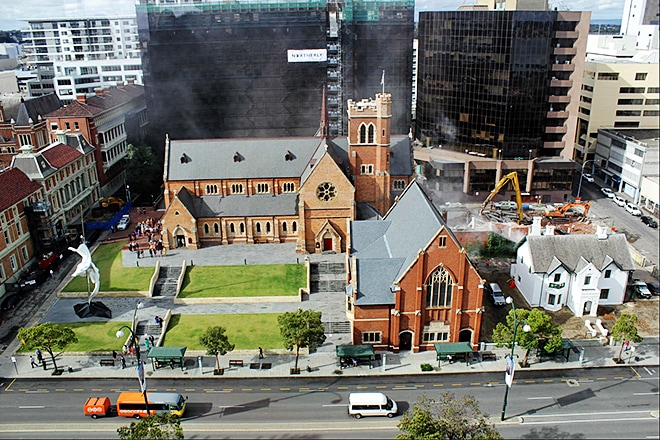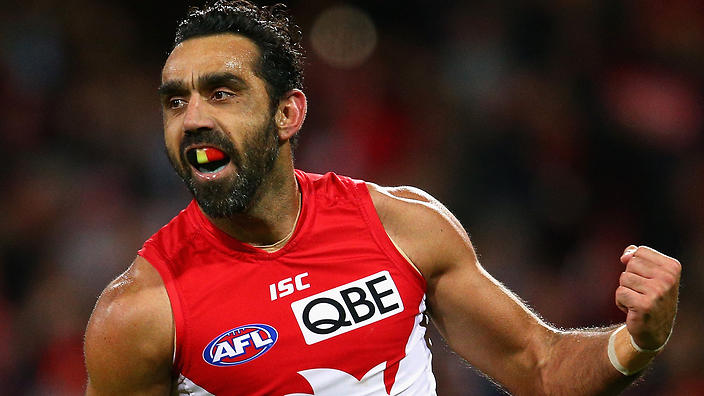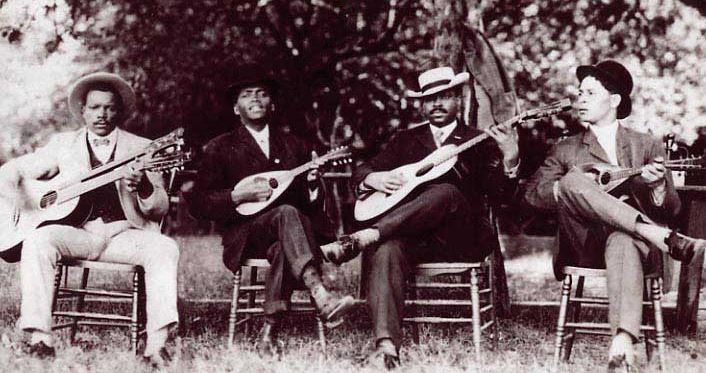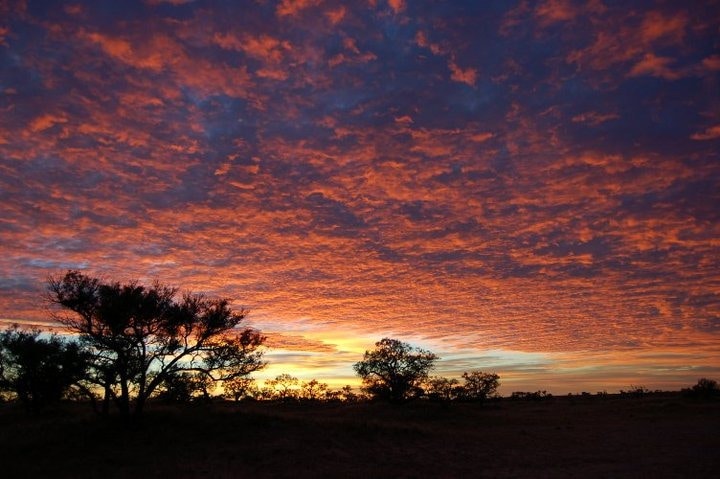
Anglican diocese lands in a moral conundrum
March 18, 2016Noongar Timeline
March 21, 2016The response to Adam Goodes’ dance is just one example of a very strong thread of racism that runs throughout Australia and Australian sport. His passionate dancing in the direction of opposition fans after a goal in the 2015 “Indigenous Round” was something Goodes had learnt from a young Aboriginal representative team (see video here). It was a harmless, rehearsed bit of celebration meant to attract attention and, it did.
Since Goodes made his very public complaint about racist abuse from a Collingwood fan in 2013, he has become a target of opposition fans throughout the competition; he is booed regularly and often during games; Hawthorn fans took it to an ugly level in the 2014 Grand Final.
On morning television, Collingwood President Eddie McGuire insisted Goodes should have ‘warned’ about what he was going to do. “It’s a made up dance!” he protested, as if it had no cultural importance. McGuire fails to comprehend that people create culture all the time.
With McGuire and his colleagues concentrating on Goodes we actually avoid a real discussion about pervasive racism in both the AFL, and Australia.

In 1993 St Kilda legend Nicky Winmar famously pulled his shirt up to show Collingwood fans that his skin was black. Although the TV cameras missed the moment, a photographer captured it and the picture has become iconic. But 1993 was also the International Year of Indigenous Peoples, the year launched by Paul Keating’s famous Redfern Speech and Yothu Yindi’s hit single Treaty. Things appeared to be changing.
The Australian Football League responded by saying it would make on-field racial abuse a punishable offence. Two years later, in 1995, Essendon’s Michael Long made the AFL honour its word by calling for action after being abused by Collingwood’s Damian Monkhorst. The AFL became the first Australian sporting code to prohibit racial vilification. The AFL has been justifiably celebrated for this rule, and regularly proclaims its leadership in the battle against racism.
Soon after in 1999, in contrast to this claimed progress, McGuire’s colleague Sam Newman infamously mocked Nicky Winmar in blackface on the Footy Show. It was one of the worst moments in a show that has regularly delivered a constant stream of racist, misogynist and homophobic content for decades. McGuire clearly knew of Newman’s intent and condoned it.
Then in 2013 – 20 years after the Winmar Collingwood incident – Chris Yarran was the Aboriginal footballer being vilified during a Collingwood versus Carlton match.
Colonialism is a perpetual exercise in blaming the victim. A lot has been said and written about the motives behind these attacks upon Adam Goodes, but at its heart is white Australia’s discomfort with a black man getting beyond his station. Waleed Aly, appearing on the ABC’s Insiders program, discussed why Goodes is booed and heckled:
“I think it was the fact that this was some kind of cultural expression that some people found confronting,” Aly said.
“There is no mystery about this at all. And it’s not as simple as it being about race, it’s about something else. It’s about the fact that Australia is generally a very tolerant society until its minorities demonstrate that they don’t know their place. And at that moment, the minute someone in a minority position acts as though they’re not a mere supplicant, then we lose our minds. And we say, ‘No, no, you’ve got to get back in your box here’.
“And that’s why Adam Goodes ruffles feathers. It’s not ‘cos he’s controversial, it’s not ‘cos he’s a provocateur, it’s none of that. It’s because he actually says, I’m going to say something…’ What happens is the minute an Indigenous man stands up and is something other than compliant, the backlash is huge and it is them who are creating division and destroying our culture. And that is ultimately what we boo. We boo our discomfort.”
Adam Goodes was named Australian of the Year in 2014, he is a man who, no matter how much he might be welcomed into the dominant culture, speaks his mind about the treatment of his people. He talks about his mother being a victim of the Stolen Generations. He applauds and recommends John Pilger’s confronting documentary about Aboriginal disadvantage, Utopia. He expresses the right of Aboriginal people to declare January 26 as “Invasion Day”, not Australia Day.
In doing this from such a high profile position, Goodes urges an acknowledgement that white Australia has a black history.
Previously posted 26/5/15





